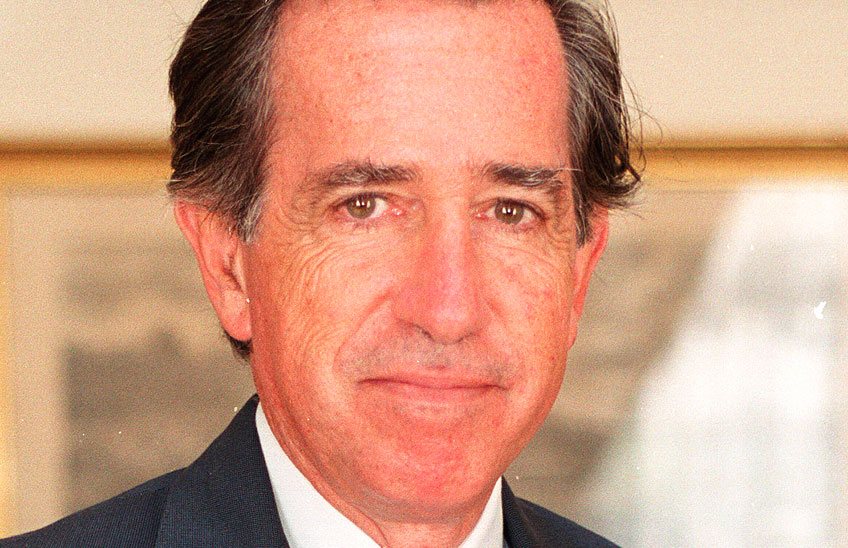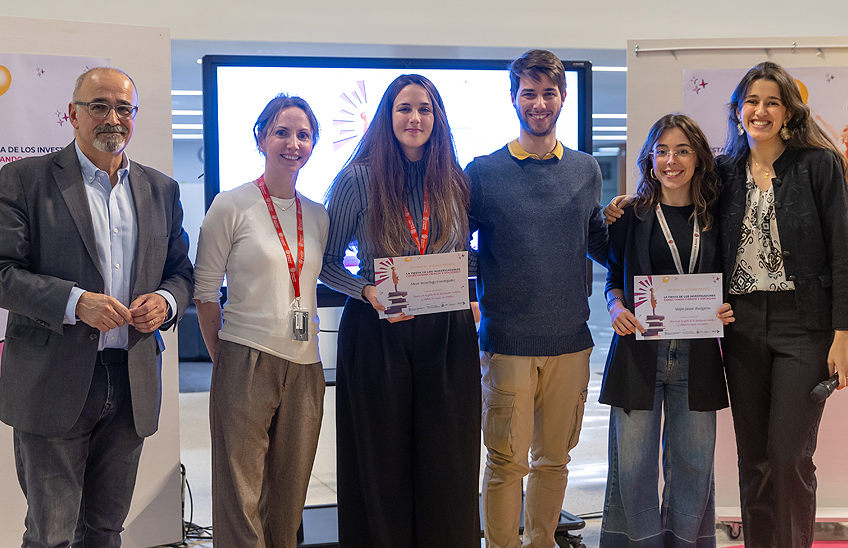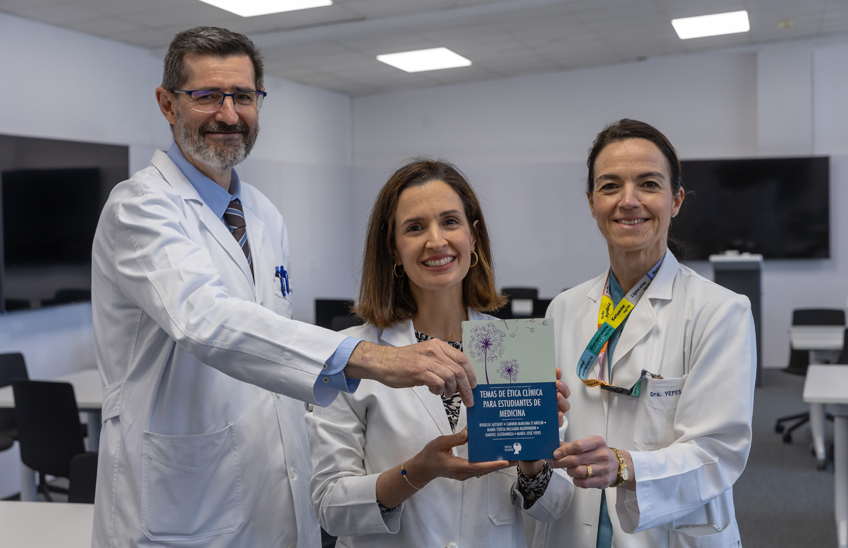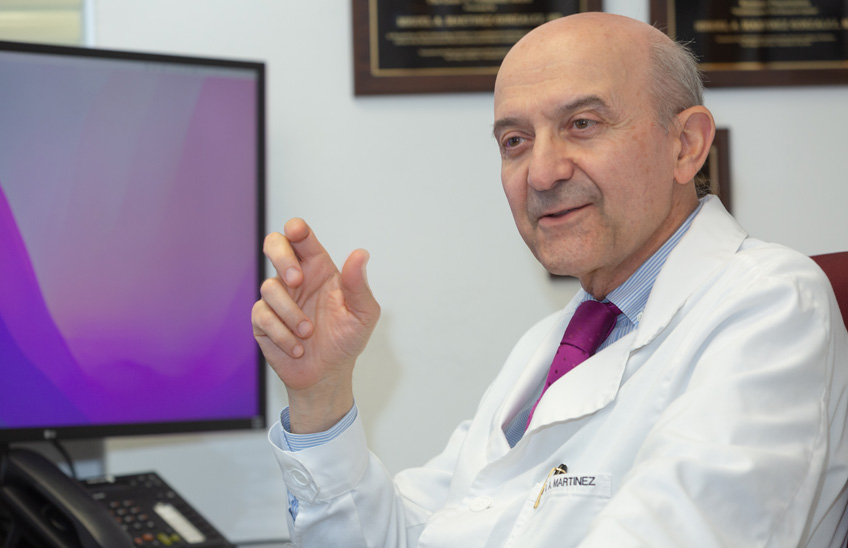Seven golden rules for happy couples
Psychiatrists Enrique Rojas and Marian Rojas Estapé will discuss love and falling in love as part of the Symposium on Natural Fertility Recognition, to be held at the University

PhotoCedida/
13 | 09 | 2021
“A person is falling in love with another person when he/she can think of no one else and can’t imagine his/her life without them. And falling in love becomes true love when that person becomes necessary for the other". Beyond such feeling, love has four characteristics: affectivity, intelligence, will and spirituality. These are some of the key ideas that Dr. Enrique Rojas Marcos, from the Spanish Institute of Psychiatric Research, will present at the workshop Love and falling in love: 7 golden rules for living as a couple, which he will lead with Dr. Marian Rojas Estapé next Thursday, 23 September, in Pamplona. This event is part of the International Multidisciplinary Symposium on the Natural Fertility Recognition, organized by the University of Navarra, in collaboration with the University of the Andes (Chile) and the Veritas Amoris Project.
What are the seven golden rules for a couple to work? "Love requires a high degree of psychological artfulness," says Dr. Rojas, highlighting three of the rules. "There has to be respectful communication, with no unnecessary arguments: a couple that argues a lot undermines their relationship and generates extreme tiredness". Enrique Rojas advocates leaving behind grievances and complaints of the past and stresses the importance of learning to forgive: forgiveness is a great act of love that has two characteristics: one is immediate, I forgive you; and another, more mediated or remote, the effort to forget. "Happiness in the love of the couple consists of having good health and a bad memory", he says.
In his expert opinion, one of the biggest problems facing couples today is the lack of emotional culture: there is a lot of information, but a great lack of affective education or development, which means that emotional intelligence remains stunted. The psychiatrist also points out that the pandemic and confinement have tested the relationship health of many couples.
"Fragile couples have become strong and those that were too weak have broken up," he adds. Enrique Rojas refers to living together as a demanding art, requiring nuanced responses. "It is the art of giving in and not turning a problem into a drama, and that requires psychological training. How does intelligence work in love? There are two keys: making the right affective choice, finding the right person; and knowing how to get along with the other person, knowing his or her aptitudes, limitations and accepting what cannot be changed".
Educate, transforming someone into a person
Amongst the most common causes of a crisis in a relationship according to Enrique Rojas is a lack of dialogue, not understanding and not putting oneself in the other’s shoes: an increasingly poor sexuality, not having a common project and not knowing how to educate the children. “To educate, is to transform someone into a person. It is to convince them of values that do not go out of fashion” he points out.
The International Multidisciplinary Symposium on Natural Fertility Recognition takes place from 22 to 24 September. Other contributors to the congress include international experts such as Josep Standford (University of Utah, USA), Rene Leiva (University of Ontario, Canada), Christopher West (Theology of the Body Institute, USA), Juan José Pérez Soba (Pontifical John Paul II Institute, Rome), René Écochard (Claude Bernard Lyon University, France), Marguerite Duane (Georgetown University, USA), and Mons. Mario Iceta, Archbishop of Burgos and expert in bioethics.
The presentations begin at 15.00 and the workshops are scheduled for the morning. In addition to the presentation given by Dr Rojas, attendees can also learn about Wom Fertility, a company which uses artificial intelligence to promote women’s reproductive health using a mobile application. There will also be an in memoriam ceremony in honor of Dr. Gonzalo Herranz, an internationally renowned professor of bioethics who died in May of this year.



